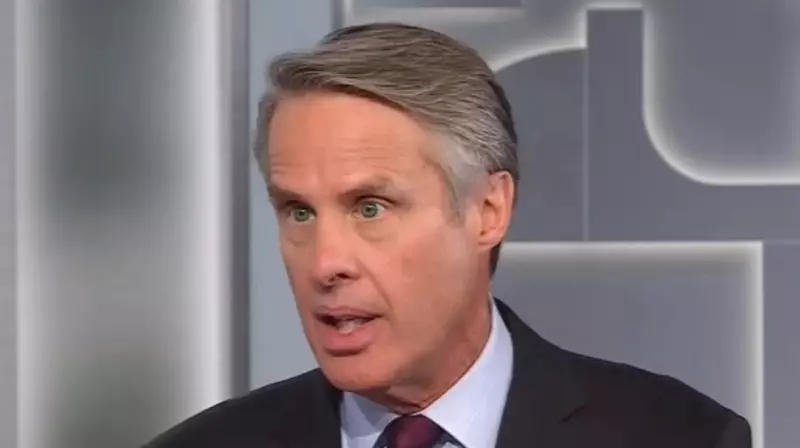
In a stunning display of political theater, former President Donald Trump's highly anticipated 60 Minutes interview with veteran journalist Lesley Stahl took a dramatic turn when Trump abruptly ended the session, leaving producers and viewers stunned.
The Interview That Never Aired
The confrontation occurred during what was supposed to be a standard pre-election interview at the White House. According to sources familiar with the incident, tensions escalated quickly as Stahl pressed Trump on various contentious topics, including his handling of the COVID-19 pandemic and his recent comments about mail-in voting.
"The bias was unbelievable," Trump later told reporters, explaining his decision to walk out. "They came in with an agenda, and I wasn't going to sit there and take it."
Behind the Scenes Drama
Multiple sources confirm that the interview grew increasingly heated as Stahl challenged Trump's claims about healthcare, the economy, and his administration's environmental record. The former president reportedly became frustrated with what he perceived as hostile questioning and interrupted questioning.
What makes this incident particularly noteworthy is Trump's decision to release his own recording of the interview on social media before CBS could air their edited version. This unprecedented move gave the public a raw, unfiltered look at the exchange that prompted his walkout.
Media Relations Under Microscope
This incident represents another chapter in Trump's long-standing contentious relationship with mainstream media. Throughout his presidency, he frequently accused news organizations of unfair coverage and "fake news," but walking out of a 60 Minutes interview marks one of the most public demonstrations of this conflict.
CBS News has declined to comment extensively on the incident, stating only that they stand by their journalist's professional conduct. However, insiders suggest the network was caught off guard by Trump's decision to release the raw footage himself.
The fallout from this dramatic interview continues to spark debates about media fairness, presidential accountability, and the evolving nature of political journalism in polarized times.





